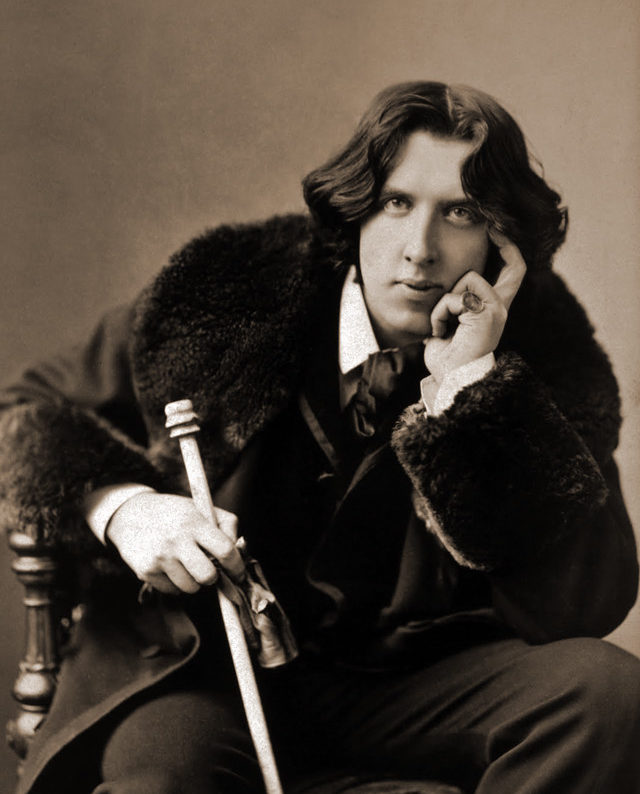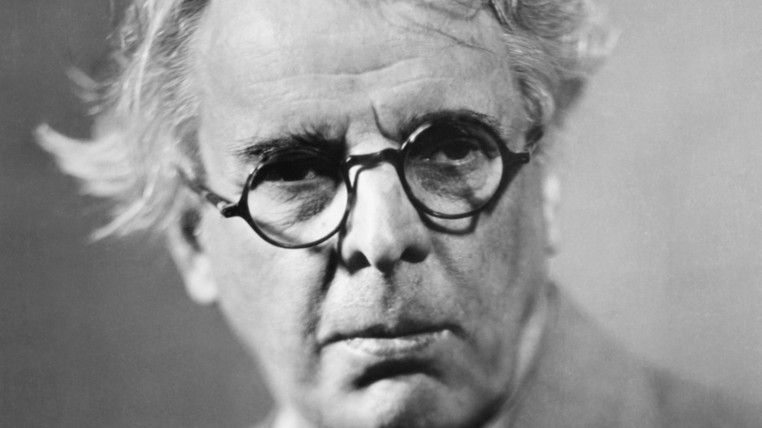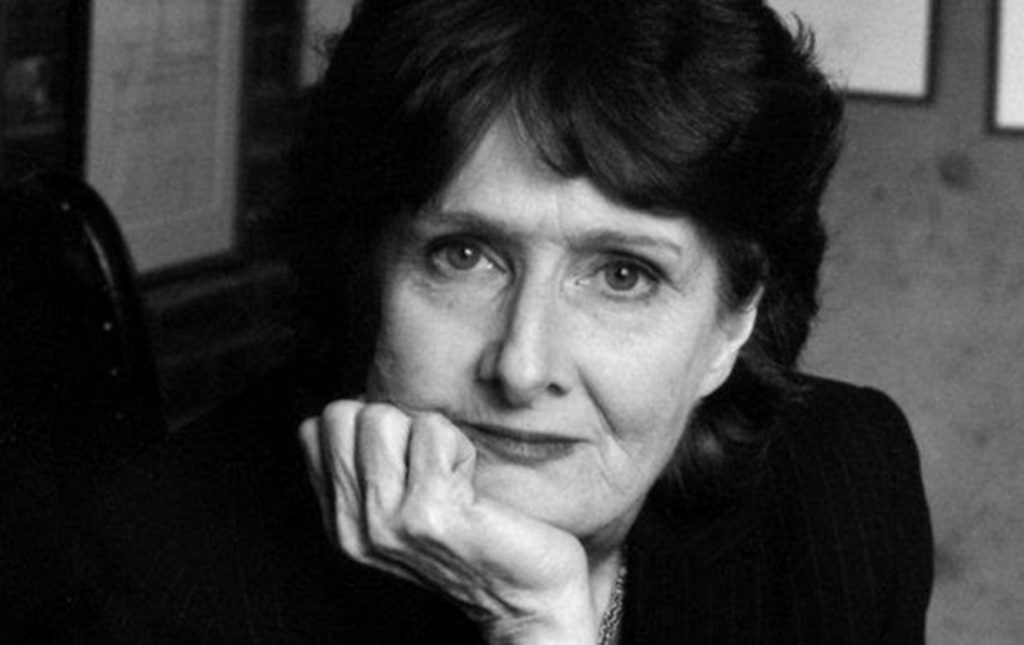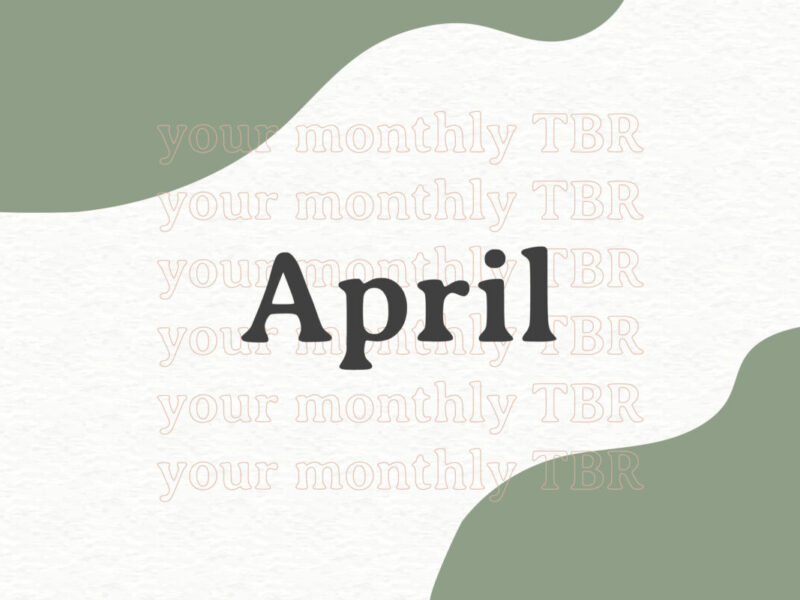7 Iconic Irish Poets You Should Know
From the 20th-century work of W.B. Yeats to emerging voices like Alice Kinsella, there are a number of Irish poets who bring a rich history of contributions to verse in the English language. If you’re looking to learn more about Irish poetry and history, don’t miss these seven iconic Irish poets.
Oscar Wilde (1854–1900)
A leading spokesman for the aesthetic movement, the iconic Irish poet and playwright Oscar Wilde firmly believed that style was of the utmost importance. Among his longest enduring poems is “The Ballad of Reading Gaol,” which tells of Wilde’s experience in prison, where he witnessed the sentence and execution of a fellow inmate. His rich and witty body of work criticizes many social and political issues of his time, such as the brutal and horrific prison system and the criminalization of homosexuality.

Katharine Tynan (1859–1931)
A cornerstone of the Irish Literary Revival, poet, novelist, and playwright Katharine Tynan wrote expressively about nationalism, catholicism, feminism, poverty, and the effects of World War I. In addition to more than 100 novels, 12 short story collections, and several plays, Tynan completed just over a dozen books of poetry in her lifetime.
William Butler Yeats (1865–1939)
A prominent figure of 20th-century literature, W.B. Yeats is one of Ireland’s greatest writers. As a poet, Yeats is known for his traditional, timeless style and strong symbolism, despite the many free verse modernists of his era. While his early work was inspired by Irish myth and folklore, he later took on more contemporary issues with his writing. In 1923, he was awarded the Nobel Prize in LIterature.

James Joyce (1882–1941)
One of Ireland’s most celebrated writers, James Joyce was a major contributor to the modernist avant-garde movement. While he is best known for authoring Ulysses, Joyce published a number of poetry books during his career. He wrote with a sense of humor and imagist quality that poet Ezra Pound championed regularly.
Seamus Heaney (1939–2013)
Poet, playwright, and translator Seamus Heaney has been called “the most important Irish poet since Yeats” and is arguably one of the best-known poets in the world. Heany earned the Nobel Prize in Literature in 1995. His work is known for its vivid and lyrical renderings of Irish history and settings, as well as its unpredictable rhythm and rhyme. With universal themes, ethical depth, and unparalleled clarity, Heaney was able to achieve literary acclaim and widespread popularity.
Eavan Boland (1944–2020)
One of the foremost female voices in Irish literature, Eavan Boland brought Irish national identity and the role of women in Irish history to the center of her work. Boland is best known for her honest accounts of the female experience, exploring difficult topics such as domestic violence, infanticide, and cancer, as well as more broad themes like domestic life, love, history, and the Irish rural landscape.

Alice Kinsella (b. 1993)
Dublin-born poet Alice Kinsella has achieved national and international acclaim in her quickly blossoming career. In addition to earning residences from SICCDA Liberties Festival, the John Hewitt International Summer School, and Cill Rialaig Aritsts’ Residency, her work has been translated into Polish, Arabic, and Greek. Kinsella has even scored a stamp of approval from Eavan Boland with her 2018 poetry pamphlet Flower Press. “The poems included here are spirited disclosures, ready to come to the threshold of the surreal but also intimate and present in language… The speaker, as in the poems in Flower Press, insists on a charged private space, with every intent of persuading the reader to join her there,” said Boland.




